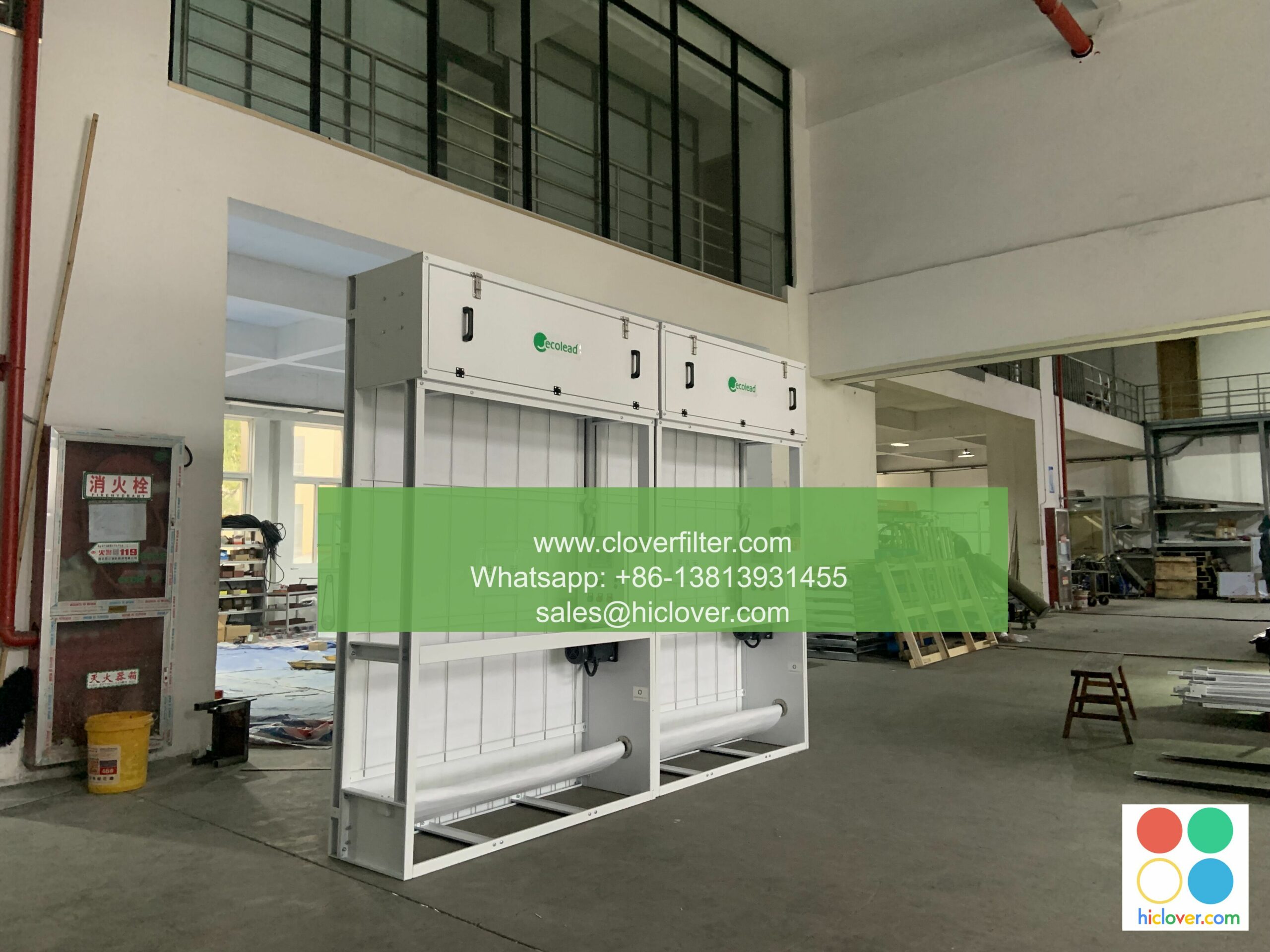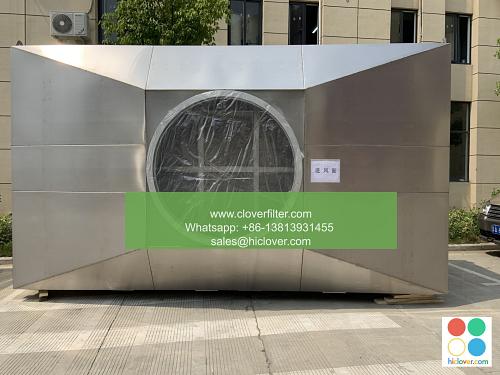The Role of AI in Air Filter Technology

The integration of Artificial Intelligence (AI) and Machine Learning (ML) in air filter technology has revolutionized the way we breathe and live. The intersection of AI and air filtration has given rise to a new generation of smart air filters that can detect, analyze, and respond to various pollutants and airborne pathogens in real-time. In this article, we will explore the role of AI in air filter technology and its various application areas.
Introduction to AI-Powered Air Filters
Traditional air filters have been effective in removing pollutants and allergens from the air, but they have limitations. They can become clogged, their effectiveness decreases over time, and they often require manual maintenance. The introduction of AI-powered air filters has changed the game. These filters use sensors and machine learning algorithms to monitor air quality, detect pollutants, and adjust their filtration systems accordingly. This smart air filtration technology enables real-time monitoring and optimization of air quality, providing a healthier and more comfortable indoor environment.
Key Applications of AI in Air Filter Technology
The application of AI in air filter technology is vast and varied. Some of the key areas where AI is making a significant impact include:
* Indoor Air Quality (IAQ) Monitoring: AI-powered air filters can detect and analyze various pollutants, including particulate matter, gases, and volatile organic compounds (VOCs).
* Smart Homes and Buildings: AI-powered air filters can integrate with smart home systems and building management systems to optimize air quality and energy efficiency.
* Aerospace and Aviation: AI-powered air filters can be used in aircraft and spacecraft to provide clean air for passengers and crew.
* Industrial and Commercial Settings: AI-powered air filters can be used in industries such as healthcare, manufacturing, and food processing to provide clean air and reduce the risk of airborne contamination.
Benefits of AI-Powered Air Filters
The benefits of AI-powered air filters are numerous. Some of the key advantages include:
* Improved Air Quality: AI-powered air filters can detect and remove pollutants in real-time, providing cleaner air and a healthier environment.
* Increased Efficiency: AI-powered air filters can optimize their filtration systems to reduce energy consumption and prolong filter life.
* Enhanced Maintenance: AI-powered air filters can alert users when maintenance is required, reducing downtime and extending filter life.
* Cost Savings: AI-powered air filters can reduce energy costs and extend filter life, providing long-term cost savings.
Future of AI in Air Filter Technology
The future of AI in air filter technology is exciting and promising. As machine learning algorithms continue to evolve and improve, we can expect to see even more advanced and sophisticated air filtration systems. Some potential future developments include:
* Integration with Wearable Devices: AI-powered air filters could integrate with wearable devices to provide personalized air quality monitoring and alerts.
* Autonomous Air Filtration Systems: AI-powered air filters could become autonomous, self-adjusting, and self-maintaining, reducing the need for human intervention.
* Cloud-Based Air Quality Monitoring: AI-powered air filters could integrate with cloud-based platforms to provide real-time air quality monitoring and analytics.
In conclusion, the role of AI in air filter technology is revolutionizing the way we breathe and live. With its ability to detect, analyze, and respond to various pollutants and airborne pathogens in real-time, AI-powered air filters are providing a new era of clean air and improved indoor air quality. As the technology continues to evolve and improve, we can expect to see even more advanced and sophisticated air filtration systems that will transform the way we live and work. It seems like you’re ready to give me a prompt, but it hasn’t appeared yet! Please go ahead and share what’s on your mind, and I’ll do my best to help. What would you like to talk about or ask?

